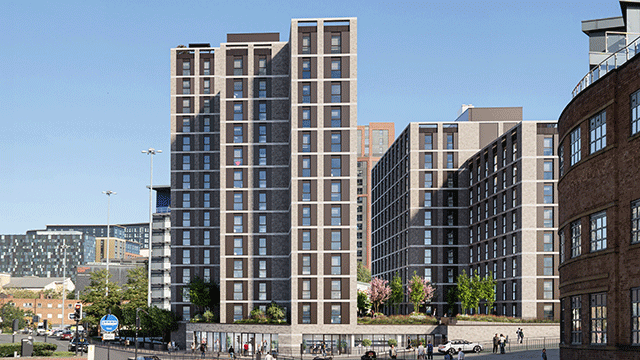Landlord and tenant – Repairing covenant – Breach of covenant – Landlord covenanting to maintain, repair, renew and otherwise keep in good condition – Tenant bringing two similar claims against landlord based upon damp, electrical problems and flooding – County court dismissing first claim and parts of second claim owing to overlap between subject matter of the two claims – Whether judge erring in law – Appeal dismissed
The claimant was the tenant of premises in which she lived with her husband and five children. The defendant council were her landlords. The claimant brought two claims against the defendants alleging breach of duty under section 11 of the Landlord and Tenant Act 1985 and section 4 of the Defective Premises Act 1972. The breaches related to extensive damp to the walls, floors and ceiling of the premises and other matters.
The first claim concerned flooding, dampness and problems with wiring. The county court judge held that, with regard to the dampness claim, there was no evidence of rising damp but there was a possibility of high levels of condensation. He concluded that the damp was not caused by structural problems and had the defendants’ had not breached their obligation to keep the premises in repair.
Before permission to appeal in the first action had been refused, the second action was commenced; that complained of damp in the living room, hallway, kitchen, bathroom, bedrooms and common parts. The defendants considered there to be overlap between the subject matter of the two claims and applied to strike out the second action in whole or in part. The county court held that the claimant was estopped per rem judicatam from claiming that as found in the first claim, the cause of damp in the flat was anything other than condensation.
The claimant appealed contending, inter alia, that the judge had been wrong to hold that because the previous judgment had held that the damp was caused by condensation that issue had been determined against the claimant and that section 11 of the 1985 Act did not apply to the damp in the premises.
Held: The appeal was dismissed.
The judge had correctly concluded that the determination with regard to the cause of the dampness was a necessary part of the judge’s decision in the first claim that the defendants had not breached their duty. Accordingly, there was an issue estoppel as to the cause of the dampness: Thoday v Thoday [1964] 1 All ER 341 considered.
The application of the principles of res judicata was in the public interest since there had to be finality to litigation. It was well recognised that the principles of res judicata prevented a party from relitigating a claim that it had lost, even if it could show that the earlier decision had been wrong. The application of those principles to cases involving leases to which section 11 applied did not frustrate the will of parliament.
The difficulty in which the claimant found herself had arisen because, having failed to adduce expert evidence in the first claim, the court had made adverse findings as to the cause of the damp. Although the application of an issue estoppel could be prevented in special circumstances, it had not been suggested that such special circumstances existed in the instant case: Arnold v National Westminster Bank plc [1991] 2 EGLR 159; [1991] 30 EG 57 referred to.
Samuel Waritay (instructed by Bishop Lloyd Jackson) appeared for the claimant; Laura Johnson (instructed by Browne Jacobson LLP, of Nottingham) appeared for the defendants.
Eileen O’Grady, barrister








